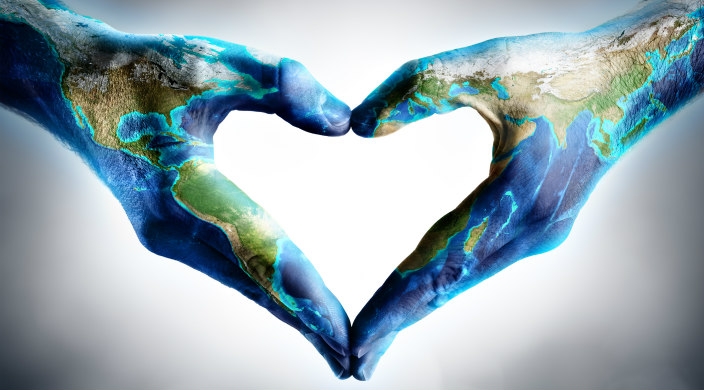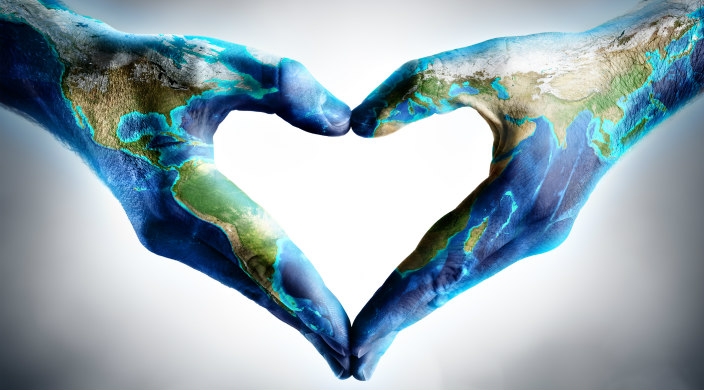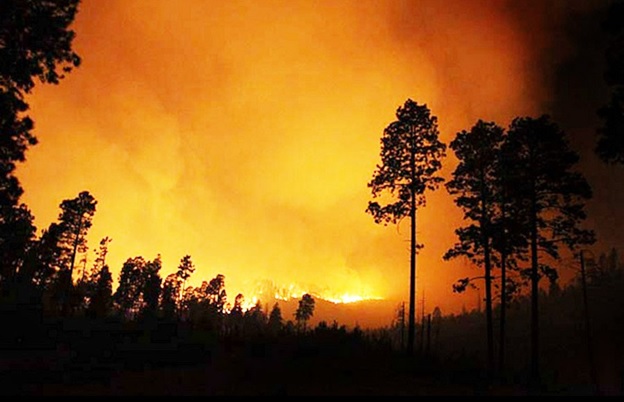The I-don’t-want-to-lives are leaving,
and the I-want-to-lives are arriving.
They have gold sewn into their clothes,
sewn in for those who have none.
Rumi
Sitting just upstream from the footbridge, a woman glances over as she crosses with her dog. Without a word, she walks into the site and tells the dog to lie down in the shallows of the cascading creek.
Besides ending my meditation, she opened with a misanthropic remark, and ended the conversation by saying that humans were even driving insects into mass extinction, and that she wished humans could become extinct instead.
I’m encountering a lot of people lately that have given up on humanity. This town, which is still one of the best places to live in California, seems to be full of misanthropes. Many of the alleged adults here take perverse comfort in the idea that humankind is doomed.


Indulging in misanthropy, like indulging in self-pity, is an invisible affliction to the bearer. For to hate humanity is to hate oneself, just as to hate oneself is to hate humanity. We cannot love the Earth and hate humanity anymore than we can love humanity and hate people.
You have to be deluded these days to remain an optimist, but hardening into pessimism results in desolation and depression. I’m not advising looking for silver linings, but asking: Can one go beyond the optimism/pessimism duality?
There are external and internal reasons for the widespread despair in the West about the human prospect. Externally, most people over the age of moral consent have resigned to the idea that climate change and the Sixth Extinction are irreversible. Internally, misanthropy reflects a profound disappointment in others.
Undeniably, humans are driving many animals into extinction, bringing about a climate crisis, and generally ravaging this beautiful planet. And living in America today, one can understand why so many people believe, whether they admit it or not, that “hell is other people.”
Even so, misanthropy willfully misses two important facts. First, nature evolved the ‘adaptive strategy’ of symbolic thought that gave humans the capability to decimate the Earth.
Second, the mere fact that a sentient, potentially sapient species can wreak such havoc on its home planet raises the deepest spiritual and philosophical questions. Something is going on here; what is it? Insight is required.
Inevitably there’s a deep note of separation in any expression of misanthropy. After all, we are humanity. To give up on humanity is to give up on oneself.
There may come a point when it’s too late for humankind to change course. It is too late for America, but not for our age, much less humanity.
The separative mentality is what is destroying the planet. Misanthropists don’t see themselves as part of the world, or even part of humankind. They conveniently and comfortingly remove themselves from the darkness and destructiveness of society. How many times in America do we need to hear, “I never thought it could happen here?”
The roots of man’s separative propensity go very deep, into the evolution of symbolic thought itself. That’s why the crisis isn’t actually an external one at all, since the destruction of the Earth is an expression of runaway separativeness and fragmentation emanating from human consciousness.

In the end, to hate humans for our species is doing to the Earth, and wish for our extinction, is a suicidal impulse. Even if man is doomed, the true response is sorrow and sympathy, not misanthropy.
We have to act as though this is our last chance to change course, because we can’t know whether it is until it’s actually too late. If it comes to that, an honest, self-knowing person will know it when she sees it.
William Butler Yeats, generally recognized as the greatest English-language poet of the 20th century, is best known for his unremittingly bleak poem, “The Second Coming.” Avowed or disavowed misanthropists would do well to reflect on “A Prayer for My Daughter” however:
Considering that, all hatred driven hence,
The soul recovers radical innocence
And learns at last that it is self-delighting,
Self-appeasing, self-affrighting,
And that its own sweet will is Heaven’s will.
Martin LeFevre
No comments:
Post a Comment